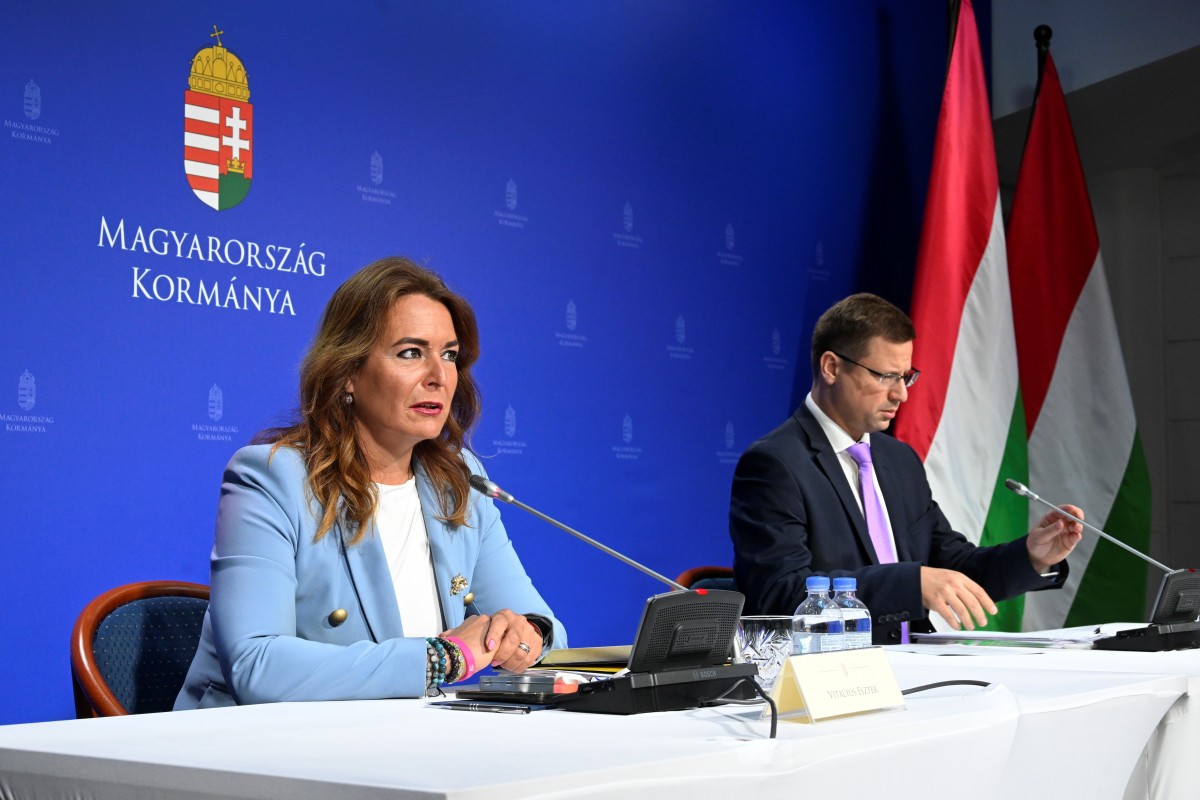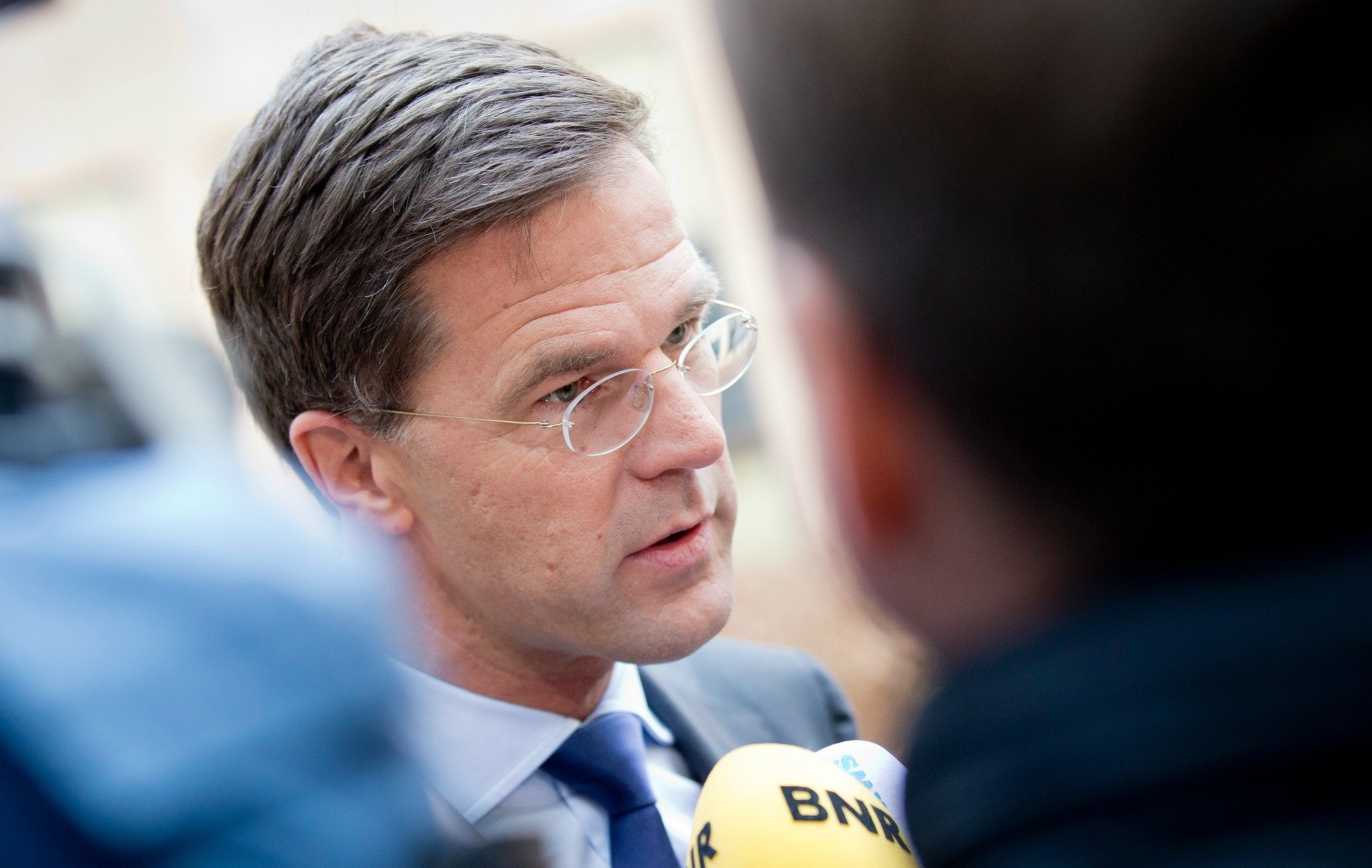
The government's opinion is that NATO should only make a decision from which Hungary can completely opt out.Continue reading

The Hungarian government does not support Mark Rutte’s candidacy for the post of NATO Secretary General, as the Dutch Prime Minister has previously spoken of “bringing Hungary to its knees,” Foreign Minister Péter Szijjártó said on Monday.
Answering journalists’ questions at a joint press conference in Târgu Mures (Marosvásárhely, Romania) with Hunor Kelemen, President of the Democratic Alliance of Hungarians in Romania (RMDSZ), the Minister welcomed the fact that there is now an Eastern European candidate for the post of NATO Secretary General in the person of Romanian President Klaus Iohannis. He stressed that nowadays everyone is talking about strengthening the eastern wing of the North Atlantic Alliance, but “somehow no one thinks that if there is a threat from the east, then maybe there should be a secretary general from the east.”
On the candidacy of outgoing Dutch Prime Minister Mark Rutte, he underlined that the Hungarian government could still not support it, as he had previously said that Hungary should be brought to its knees.
It is very difficult to imagine that a man who takes and maintains such a position can be elected to lead an organization where 100 percent trust is essential,
he noted, adding that “here, people sometimes even have to die for each other, and this must be led by someone we can trust 100 percent.”
At the press conference, Péter Szijjártó confirmed that he had had a tough debate with his Lithuanian counterpart in Brussels earlier that day, and said that Gabrielius Landsbergis was “one of the most pro-war politicians” among EU foreign ministers. “And no matter how much someone shouts at me, no matter how aggressive someone is, I remain pro-peace,” he stressed. “We Hungarians are pro-peace, and we do not support any measures that would increase the risk of escalation of war. We want peace as soon as possible, because only peace can save human lives,” he added.
Via MTI, Featured image: European Council